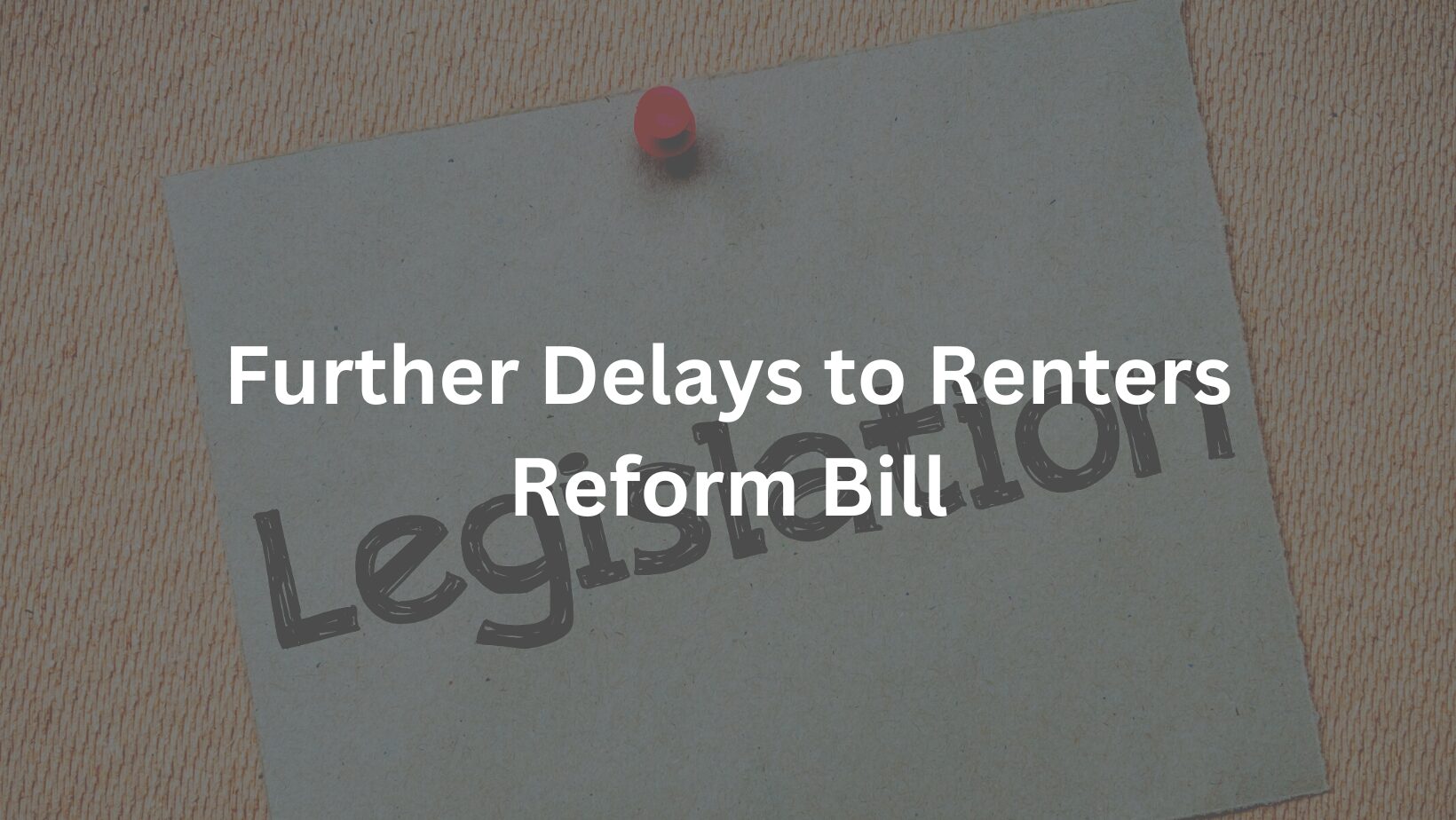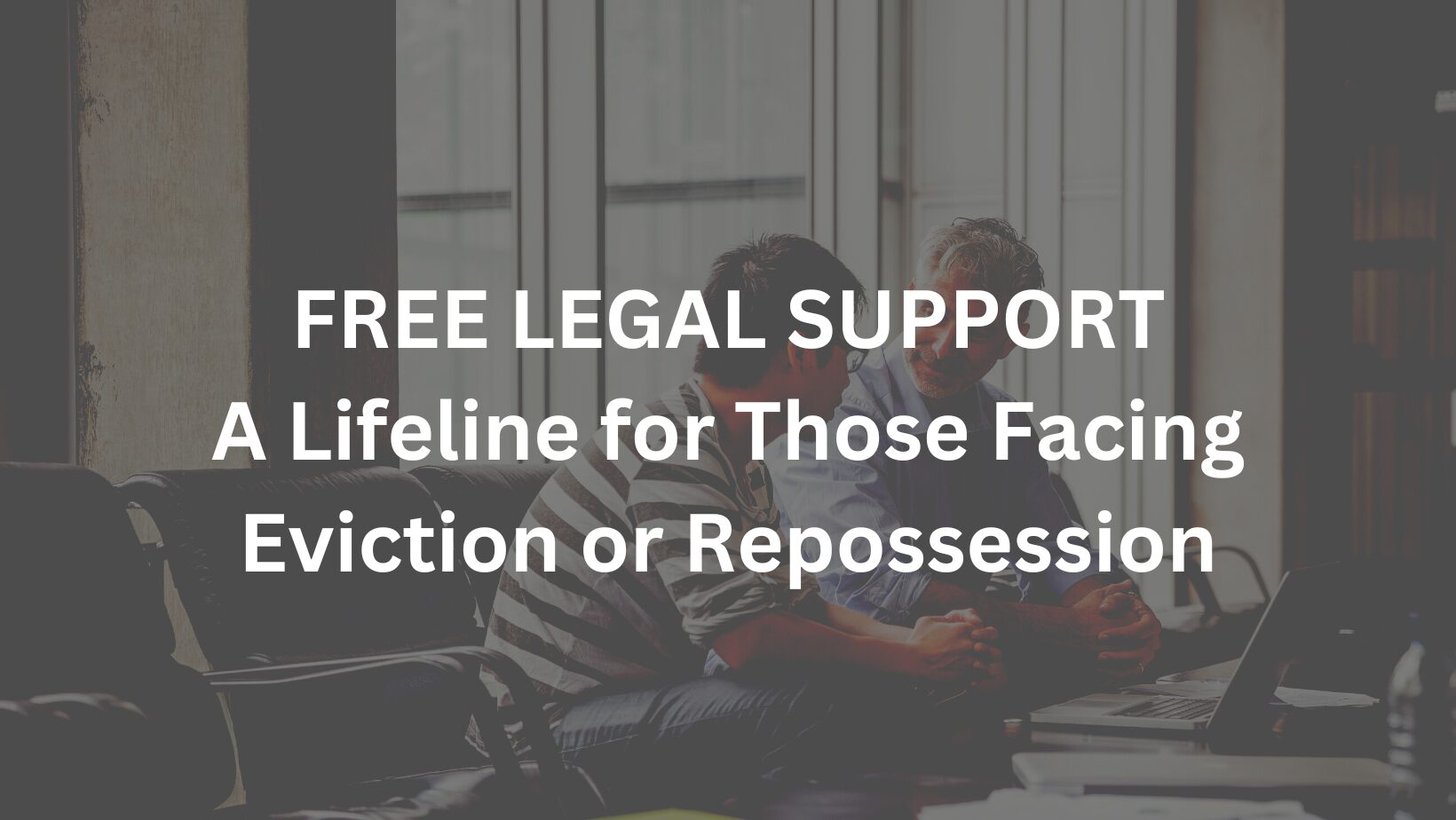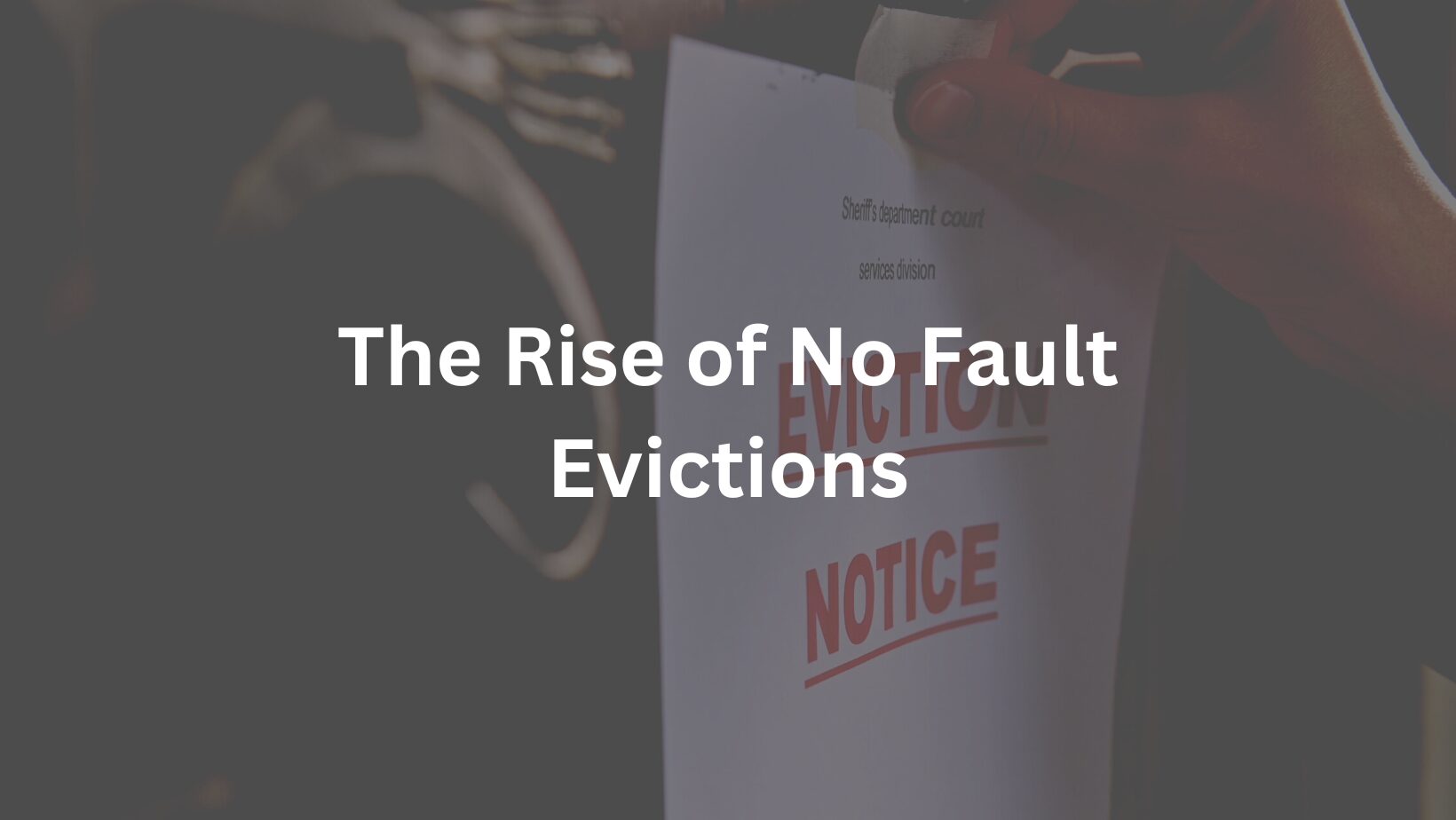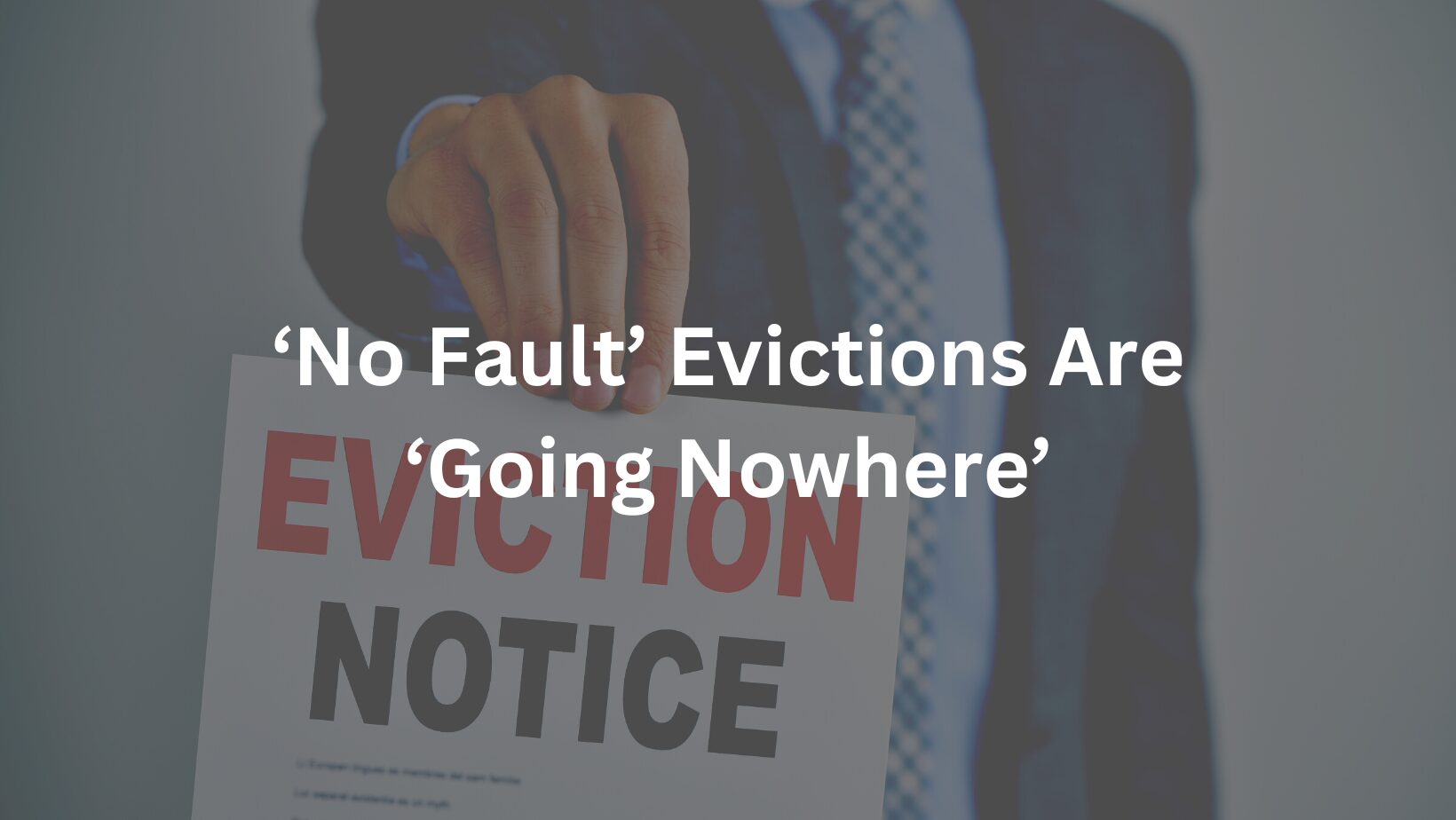Significant amendments have been made to the grounds for eviction under Section 8 of the Housing Act 1988. These amendments not only modify the existing grounds but also strengthen them, aiming to provide landlords with enhanced protections during the eviction process. These changes become necessary if the bill is enacted into law, as the validity of a Section 21 notice will no longer apply.
One of the key introductions through this Bill is the inclusion of Ground 1A, specifically for cases where the landlord intends to sell the property. Previously, landlords would have relied on a Section 21 notice when selling a property without existing tenants. However, the new ground, which is mandatory in nature, ensures that if the tenant challenges it or fails to vacate, the judge must grant an order for possession. In this scenario, the judge does not have discretionary powers to enforce or ignore this ground, provided it has been used correctly. Additionally, there are other supporting grounds, including Ground 2, which permits repossession if the mortgage lender requires it for the property's sale, Ground 2ZA for lease expiration, and Ground 2ZB if the superior landlord necessitates repossession.
Moreover, new grounds have been proposed to allow landlords to repossess their property for specific tenancy requirements, such as when the property is required for employment purposes, tied to a workplace.
Regarding cases of anti-social behaviour, amendments have been made to ground 7A, which modify the notice period required. This means that if a landlord seeks repossession due to a conviction for a serious offense, including anti-social behaviour, they can immediately serve notice. However, a possession order can only be granted by a judge after a 14-day notice period. Ground 14 has also been amended, allowing immediate notice if the tenant is involved in anti-social behaviour. Nevertheless, this ground remains discretionary, giving the judge the authority to determine if eviction is appropriate. The wording of Ground 14 has been revised from "likely to cause" to "capable of causing" nuisance and annoyance, requiring the judge to assess whether the case meets these criteria.
In the context of rent arrears, changes have been made to the grounds outlined in Ground 8. The ground remains applicable if the tenant has two or more months of rent arrears at the time of notice and the court hearing. However, it is no longer applicable if the tenant is entitled to Universal Credit. A new ground, Ground 8A, has been introduced to address repeated instances of rent arrears. This ground can be used if the tenant has accumulated two or more months of arrears on three separate occasions within a three-year period.
The introduction of this new ground intends to target tenants who consistently fail to pay rent on time while not penalizing those who have faced only one period of financial difficulty but managed to clear the arrears. Grounds 10 and 11, which pertain to rent arrears, remain unchanged, but the notice period for all rent arrears grounds has been extended from two weeks to four weeks.
However, these proposed changes to the grounds for eviction are expected to result in an increased likelihood of court proceedings for landlords. While not all notices will lead to a court procedure, the requirement for landlords to provide a reason for eviction, unlike under a Section 21 notice to quit, opens the possibility of challenges from tenants. In some cases, the enforcement of these grounds lies at the discretion of the judge. Property mark has long campaigned against changing the grounds for eviction, citing the potential for heightened stress for both tenants and landlords, and the added pressure it places on an already strained court system.
OUR UPDATES
Latest news & updates
I need help with...
Whatever help you require, get in touch with us!









